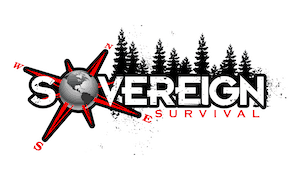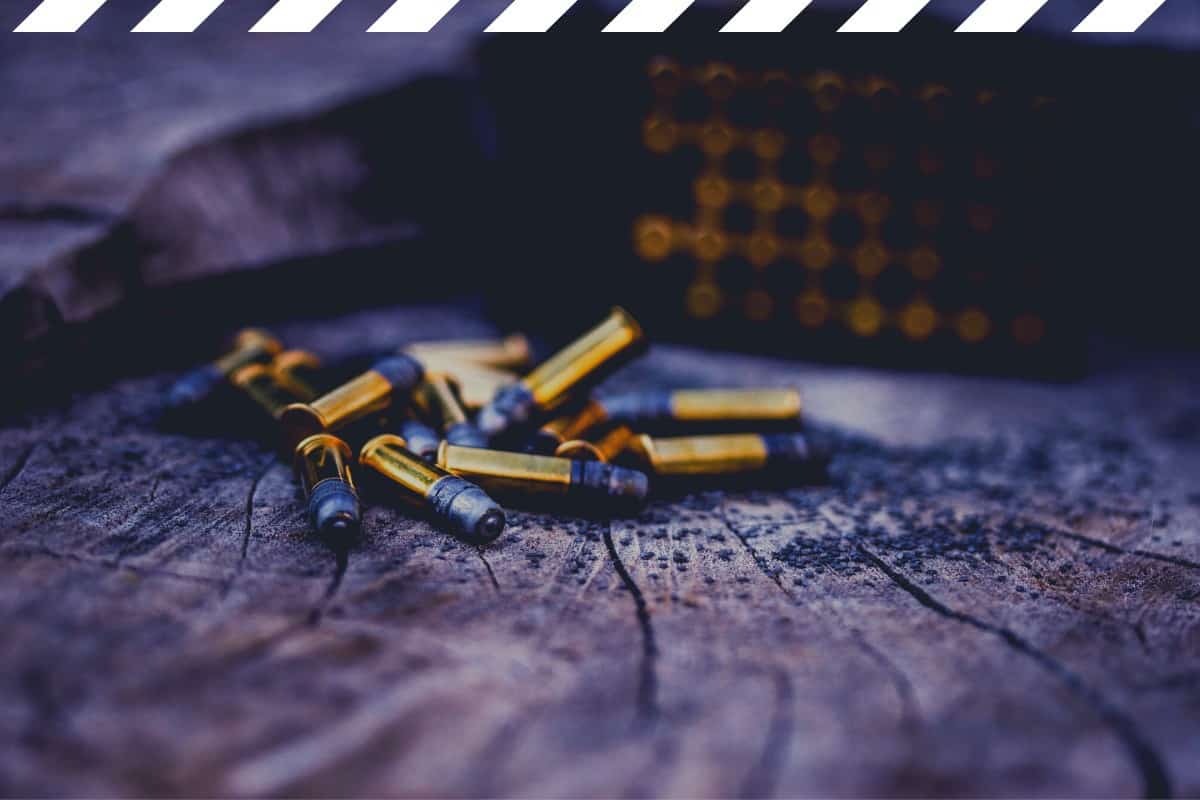Natural disasters can strike anytime, and it’s important to be prepared for any emergency. Among the most challenging types of natural calamities is a hurricane. It is a storm with strong winds capable of causing widespread destruction, flooding, and power outages. Being without power during a hurricane can be a nerve-wracking and dangerous experience. However, with the right preparation and tools, you can survive a power outage during a hurricane. In this article, we’ll discuss some tips for surviving a hurricane power outage.
When is Hurricane Season?
If you’re new to hurricane season and just moved to a location that is impacted by hurricanes, you should be aware of when it is. The Atlantic hurricane season typically runs from June 1 to November 30, with the peak of the season running from mid-August through early October. During this period, it is important to take extra precautions and prepare yourself for potential power outages. Our goal with this article is to help you with your hurricane survival.
What Should I Do During A Hurricane?
Hurricanes can be incredibly dangerous, so it’s important to take the right steps to protect yourself and your family. The first rule of thumb is to stay informed and keep track of the storm’s progress through the radio, TV, or online weather app. If you are advised to evacuate, do so immediately. If evacuation is not advised, stay indoors and lock the main door. Remember to pack essential items in the event that you need to evacuate at a moment’s notice.
Once you’ve taken the necessary precautions, it’s important to be prepared for a power outage. Make sure you have enough flashlights and batteries on hand in case the lights go out. Keep your phone charged so that you can stay connected with family or emergency services. It is also a good idea to keep an emergency kit nearby that contains essential items like water, canned food, a first aid kit, and matches. Finally, make sure to stay in contact with family members to let them know you are safe. By taking the right precautions and being prepared, families can stay safe during a storm.
What Should I Do If The Power Goes Out During A Hurricane?
Power outages are common during hurricanes since strong winds can cause trees to fall on power lines, cutting off the power to homes. During a hurricane power outage, use battery-powered devices like flashlights, radios, and lanterns to get around. Keep your electronics charged before the storm hits, and avoid using gas-powered appliances indoors. This could lead to dangerous scenarios like carbon monoxide poisoning. Above all, do not venture outdoors unless it’s absolutely necessary.
If you are new to an area that has hurricanes, it’s a good idea to talk with your neighbors and let them know you are new to the area and are open to advice. If you are going to do this, buy them something that they like as a gift to thank them for helping you out. It could be as simple as a 6 or 12 pack of their favorite beer.
How Can I Prepare For A Hurricane Power Outage?
One of the most important tools for surviving a power outage during a hurricane is a portable generator. A generator can keep your lights and essential appliances running. Consider stocking up on essential supplies like non-perishable food, bottled water, and first-aid kits. Freeze gallons of water before the storm hits to keep your food cold. This also saves space in your freezer and ensures that you have a supply of drinking water. Don’t forget to have a portable charger on hand for your electronics.
What Appliances Should I Avoid Using During A Hurricane Power Outage?
During a power outage, it’s important to be aware of what appliances you should avoid using. Gas-powered appliances like generators and grills should never be used indoors, as this could result in carbon monoxide poisoning. Surge protectors should also be avoided, as they can overload and cause a fire. Limit household appliances as much as possible to conserve energy.
How Long Will Refrigerated Food Last Without Electricity?
The duration for which your food remains cold is determined by how well insulated and sealed your refrigerator is, and how often someone opens its door. Normally, the average fridge keeps food cold for up to 4 hours, according to the FDA. Conversely, a full freezer can remain cold for up to 48 hours.
A great way to tackle long power outages is with dry ice. It’s estimated that a 50-pound block can keep an 18 cu. ft fridge cold for up to two days, according to the FDA.
Extended power outages can result in spoilage of refrigerated food. Although, it’s worth mentioning that certain foods can be safely consumed after being exposed to room temperature for a short period. While you may be able to detect spoiled food by the smell, it’s best to adhere to the thumb rule – when in doubt, throw it out.
Discard foods that have been above 40°F for two hours.
- meat
- poultry
- fish
- eggs
- cooked leftovers
- potato salad
- casseroles
- Pizza with any toppings
- Soft cheeses (cottage cheese, mozzarella, Muenster, etc)
- milk and related dairy
- cut fruits and vegetables
- opened jars of spaghetti sauce
- opened salad dressings
- mayonnaise (any condiment made with egg)
- fish or oyster sauces
- cooked pasta
Foods That Are Safe to Keep
(Despite not requiring refrigeration, many Americans still store these foods in the fridge.)
- hard cheese (cheddar, Parmesan, Romano, Swiss, etc)
- processed cheeses
- butter
- dried fruit
- uncut fruit
- mustard, catsup, pickles, salsa (almost any condiment in vinegar)
- peanut butter
- jams, jellies, marmalades
What Are Some Tips To Survive A Power Outage During A Hurricane?
Surviving a power outage during a hurricane requires careful preparation and the right tools. Have a supply of flashlights and batteries on hand, as well as a portable radio to keep you updated on the storm’s progress. Cook food without electricity by using a camp stove or the grill (provided it is used outside in a safe area). Another way to keep your food cold is by storing it in a waterproof, airtight container and placing it in a cooler with dry ice. Make sure to keep utensils and a manual can opener on hand.
Stock up on bottled water and foods that don’t need to be cooked as well.
One thing I learned my first hurricane season was to make sure that you fill up any bathtubs with water. These can be used to flush toilets and wash your hands. They can also be used for brushing your teeth and other uses that you might be using water in your day-to-day life where you’ll need water and it might not be working.
In conclusion, being prepared for a hurricane power outage is crucial. With the right preparations, you can keep your household safe and comfortable during and after the storm. Be sure to stock up on essential supplies and invest in a portable generator to keep your home lit and your appliances running. Keep your battery-powered devices charged, and avoid using gas-powered appliances indoors to prevent carbon monoxide poisoning. By following these tips, you’ll be ready to face a hurricane power outage with confidence.






